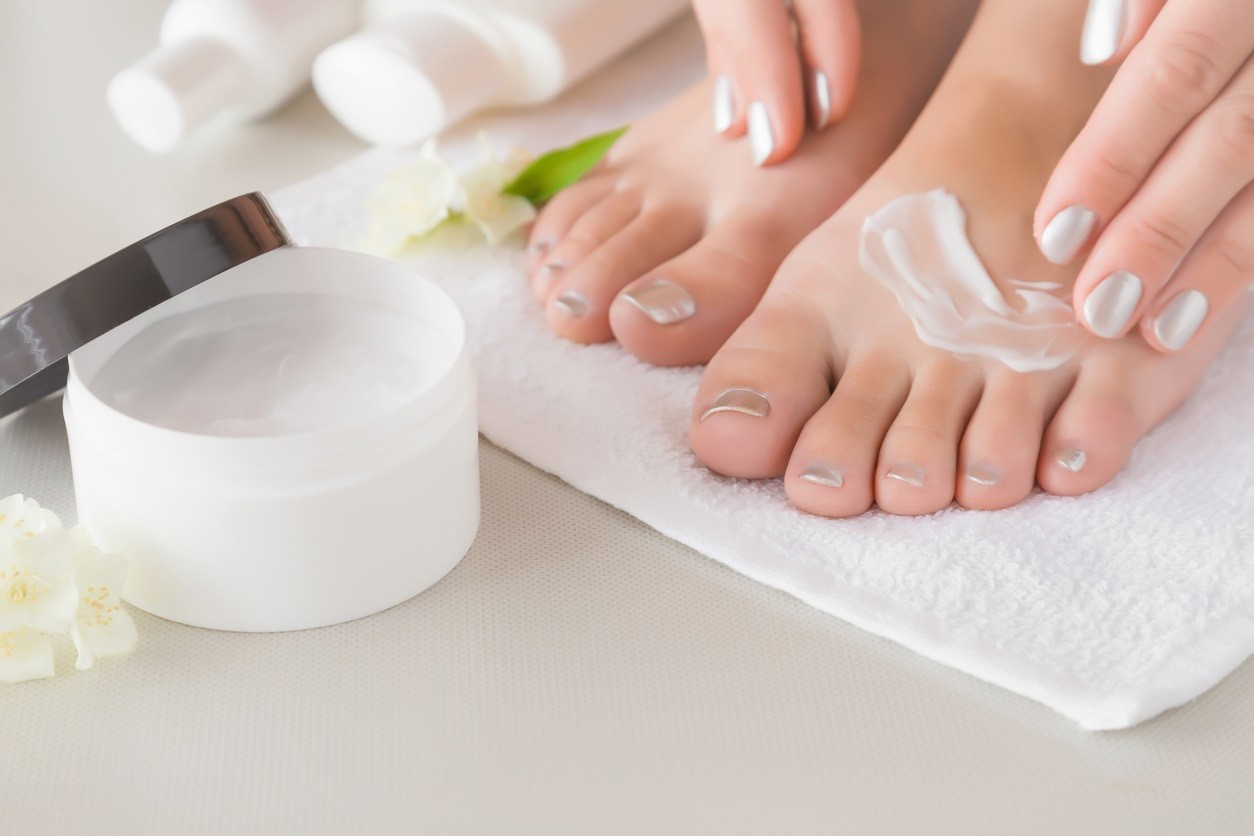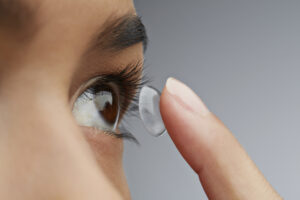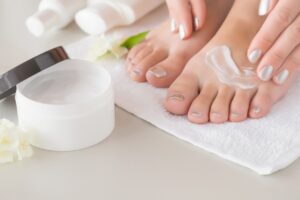Table of Contents
ToggleUnderstanding the Importance of Diabetic Foot Care
Diabetic foot care is essential for those with diabetes, as the condition can lead to nerve damage and poor circulation, increasing the risk of foot complications. A term for a variety of foot conditions that can affect people with diabetes. By actively managing foot care at home, you can significantly reduce the chances of developing ulcers or infections, which are common issues for individuals with diabetes. Regular attention and proactive care are key to preventing serious long-term problems. It’s also recommended to consult with a podiatrist in Stroudsburg, PA, for personalized advice and strategies.
Essential Foot Care Practices Daily Foot Inspections
Inspecting your feet daily is crucial for identifying any cuts, blisters, or swelling that may lead to complications. Check every part of your foot, including hard-to-reach areas, using a mirror if necessary. Early detection helps prevent infections and serious damage.
Proper Hygiene
Keeping your feet clean is vital. Wash them daily with lukewarm water and avoid soaking them to prevent skin issues. Dry your feet thoroughly, especially between the toes, and apply moisturizer to prevent cracking. Just be careful not to apply cream between the toes, where moisture can encourage fungal growth.
The Role of Footwear in Diabetic Management
Comfortable, well-fitted shoes are essential for preventing foot problems. Choose shoes with breathable material, proper support, and cushioning. Avoid narrow shoes or heels that may cause pressure points. This helps prevent blisters, calluses, and further foot damage.
Seeking Professional Help
Regular check-ups with a podiatrist are essential for managing diabetic foot health. A foot care expert can monitor your condition, provide advice, and recommend orthotics or treatment options tailored to your needs.
Managing Moisture and Temperature
Keep your feet dry and comfortable to prevent fungal infections. Using moisture-wicking socks and powders can help, while avoiding hot water to prevent burns is also crucial, especially if you have neuropathy.
Integrating Foot Care into Daily Routines
Inspect your feet daily for cuts, blisters, ulcers, and other signs of problems
Wear comfortable shoes that fit well
Exercise regularly to stimulate blood flow
Control your blood pressure and cholesterol
Causes
- High blood sugar: Damages blood vessels and nerves in the feet
- Poor circulation: Damaged blood vessels can cause poor blood flow in the feet
- Nerve damage: Also called diabetic neuropathy, this can cause numbness, tingling, pain, or loss of feeling in the feet
Final Thoughts
Diabetic foot care is essential for maintaining overall health and preventing serious complications. By adopting simple yet effective practices like daily foot inspections, proper hygiene, wearing the right footwear, and seeking professional guidance, you can significantly reduce the risk of infections and other foot-related issues. Consistency is key—making foot care a part of your daily routine will help ensure long-term foot health and improve your quality of life. Always remember, proactive care and regular consultations with a healthcare professional are crucial in managing your diabetes and maintaining healthy feet.
Frequently Asked Questions
Why is diabetic foot care important?
It helps prevent serious foot complications like ulcers and infections due to poor circulation and nerve damage caused by diabetes.
How often should I inspect my feet?
Inspect your feet every day to catch any potential issues early.
What should I look for during a foot inspection?
Look for cuts, blisters, redness, swelling, and changes in skin color or texture.
Can I wash my feet with hot water?
No, always use lukewarm water to avoid burns, as reduced sensation may prevent you from noticing injury.
What type of shoes should I wear?
Wear comfortable, well-cushioned shoes with a wide toe box to reduce pressure points.
What should I do if I notice an injury on my foot?
Clean the injury, apply antibiotic ointment, and cover it with a sterile bandage, seeking medical attention if it doesn’t heal.












